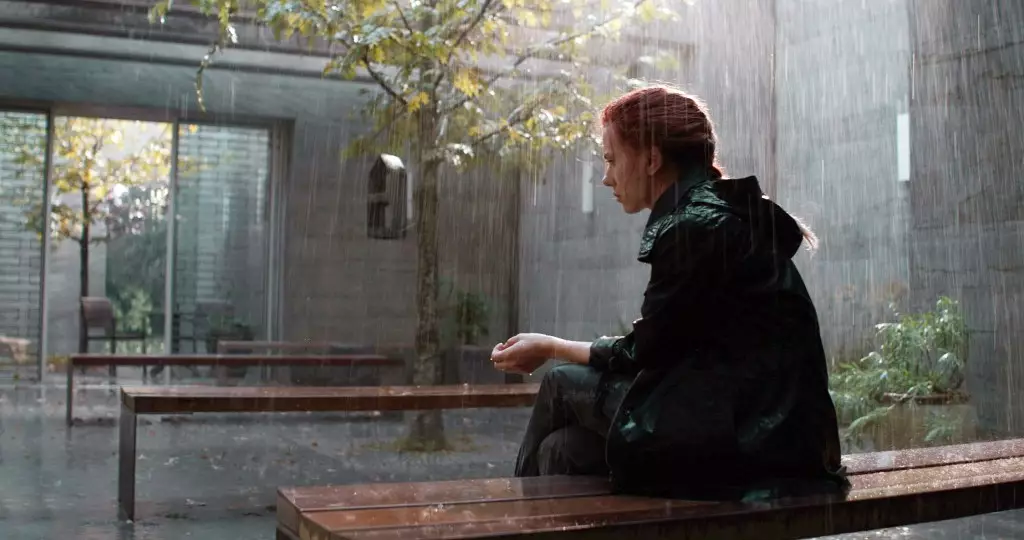Scarlett Johansson recently voiced her frustrations regarding the Academy Awards’ recognition of *Avengers: Endgame*, an assertion that has sparked renewed debate within the film industry. In an engaging interview with *Vanity Fair*, Johansson emphasized the film’s monumental achievement, highlighting how an epic of such scale and commercial success ought to garner more acclaim than a mere nomination for Best Visual Effects. As the second-highest-grossing film in history, just behind *Avatar*, the absence of an Oscar nod for Best Picture stands out as an apparent oversight. Johansson’s passion for this cinematic universe is palpable, and her critique raises important questions about the Academy’s biases against blockbuster films, particularly those from the superhero genre.
A Shift in Perspective
Johansson’s observation crystallizes a growing sentiment among fans and filmmakers alike: the need for the Academy to evolve alongside the changing landscape of cinema. Traditional standards of what constitutes “serious” filmmaking often overshadow highly creative and innovative works, particularly in the realm of tentpole franchises. It’s essential to recognize that *Endgame* is not just another comic book adaptation; it fuses action, drama, and character resolution to create a multi-layered narrative that resonates with audiences on emotional and thematic levels. By neglecting such films, the Academy risks alienating younger viewers who see these stories as integral to the modern cinematic experience.
The Legacy of Marvel’s Cinematic Universe
While it’s true that Marvel projects have received various nominations, they often fail to penetrate the Best Picture category, with *Black Panther* as a notable exception. This trend invites scrutiny regarding the Academy’s criteria and the perceptions surrounding genre filmmaking. Joe Russo, co-director of *Endgame*, has echoed similar sentiments. The predominantly visual focus of prior nominations overlooks narrative depth and character development, which are foundational elements of a compelling film. As the Marvel Cinematic Universe (MCU) matures, it’s important to reflect on the implications of such myopia in the awards circuit.
Johansson’s Bold Transition
Amid her critique of the Academy, Johansson is poised to make her mark as a filmmaker with her directorial debut, *Eleanor the Great*, set to premiere at Cannes. This transition from acting to directing indicates her desire to explore new creative avenues and tells a compelling story that might reflect her broader views on storytelling and filmmaking. In discussing her departure from the MCU, Johansson emphasizes the importance of narrative closure for her character, Black Widow. Her commitment to artistic integrity is commendable, showcasing a dedication to maintaining the integrity of her character’s arc. It seems she is keenly aware of how returning could dilute the very essence that made her character resonate with audiences.
Johansson’s candid remarks serve as more than just a critique of the Academy—they are a clarion call for recognizing the evolving narrative complexities present in today’s blockbusters. By standing firm in her convictions, she compels audiences and industry elites alike to reconsider the criteria by which artistic merit is assessed. Moreover, her shift towards directing presents an exciting opportunity for her to influence the storytelling paradigm from a new vantage point, one that arguably could bridge the gap between conventional cinematic narratives and mainstream entertainment.
